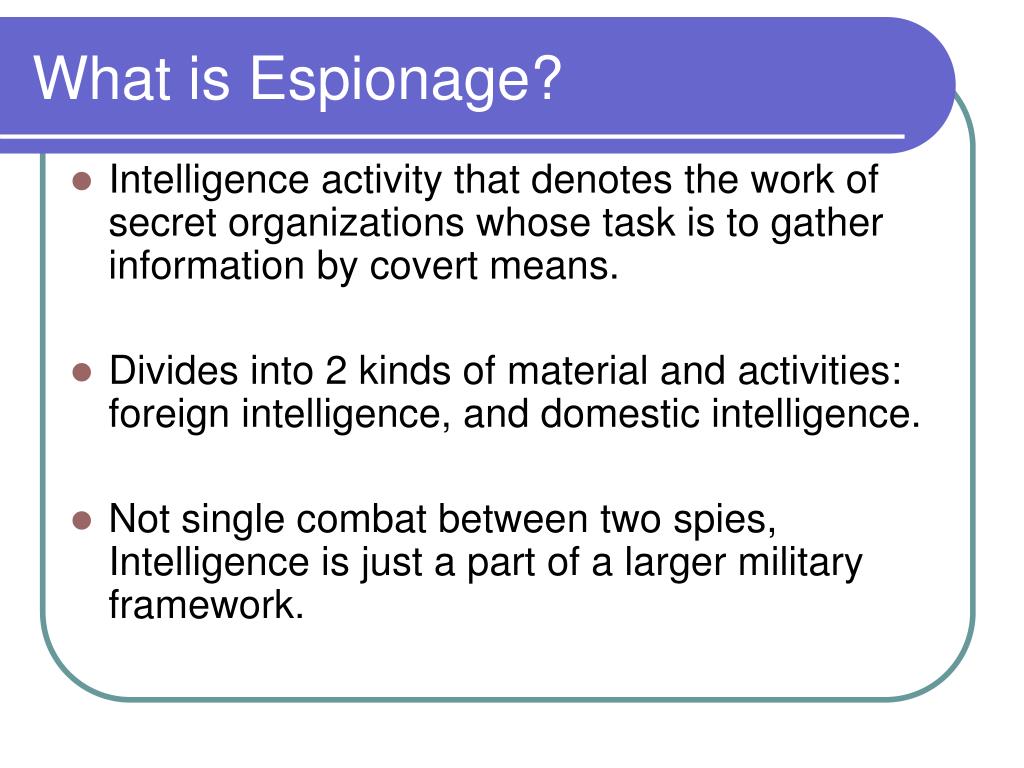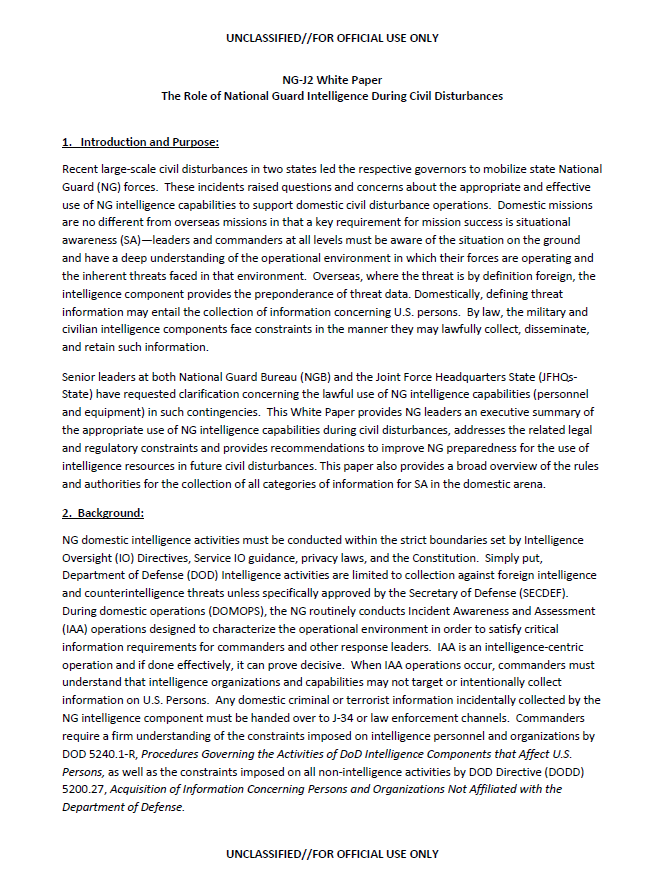


The non-specific language of the act made it possible for the government to target virtually anyone who opposed the war, including pacifists, neutralists, communists, anarchists, and socialists. Under the wording of the act, anyone who publicly protested against the war, or the military draft could be open to investigation and prosecution. While the intent of the act was to define and punish acts of espionage-spying-during wartime, it necessarily placed new limits on Americans’ First Amendment rights.

Potential punishments for violations of the Espionage Act of 1917 range from fines of $10,000 and 20 years in prison to the death penalty. Therefore, it should come as no surprise when state entities, be they a foreign or domestic intelligence service, national research institute or laboratory, or a state-owned enterprise engage in activities that would fall outside the norms of normal business practices and engage in what is known as Economic Espionage.with the intent that or with reason to believe that the information will be used to the injury of the U.S. While The Espionage Act of 1917 limited Americans’ First Amendment Rights, it was ruled constitutional by the Supreme Court in the 1919 case of Schenck v. : the practice of gathering, transmitting, or losing through gross negligence information relating to the defense of the U.S.The Espionage Act of 1917 was passed by Congress on June 15, 1917, two months after the United States entered World War I.armed forces during a war, or to in any way assist the war efforts of the nation’s enemies. The Espionage Act of 1917 makes it a crime to interfere with or attempt to undermine or interfere with the efforts of the U.S.

corporations, establishments, or persons, designed to unlawfully or clandestinely influence sensitive economic policy decisions or to unlawfully obtain sensitive financial, trade, or economic policy information proprietary economic information or critical technologies.Ĭompetitive Intelligence is the c ontinuous process of monitoring a firm's industry or market to identify current and future competitors, their current and announced activities, how their actions will affect the firm, and how to respond. Espionage or spying involves a government or individual obtaining information considered secret or confidential without the permission of the holder of the. Industrial Espionage is the theft of trade secrets by the removal, copying or recording of confidential or valuable information in a company for use by a competitor.Įconomic Espionage is foreign power-sponsored or coordinated intelligence activity directed at the U.S. (defining economic intelligence as intelligence regarding foreign economic resources.


 0 kommentar(er)
0 kommentar(er)
